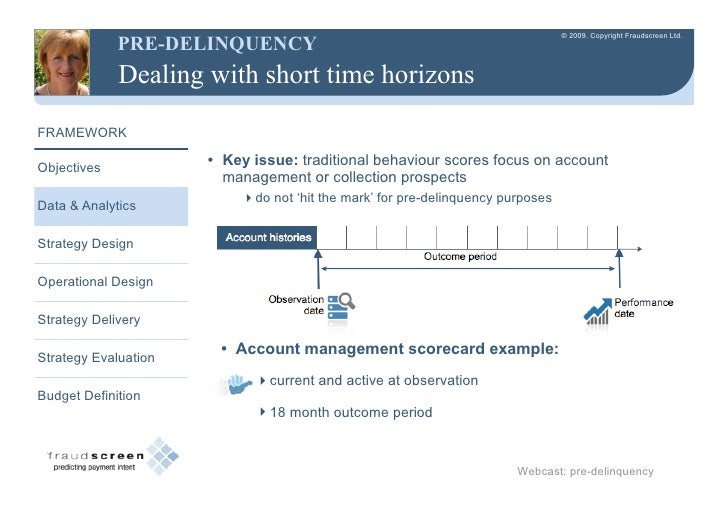
In 2016, blacks with debt typically owed $35,560-less than 40 percent of the $93,000 in debt owed by whites. Black households have more costly debt.The most recent data available, from 2016, show that when blacks owned such assets, they were worth significantly less than assets owned by whites. African Americans have fewer assets than whites and are less likely to be homeowners, to own their own business, and to have a retirement account.This is down from the approximately 24-percent gap in 1998, when the same groups of people were between 32 and 47 years old. In 2016, blacks between 50 and 65 years old and near retirement had only about 10 percent of the wealth of whites in the same age group. The gap worsens as households grow older. For instance, the median wealth for black households with a college degree equaled about 70 percent of the median wealth for white households without a college degree.


The wealth gap persists regardless of households’ education, marital status, age, or income. African Americans face systematic challenges in narrowing the wealth gap with whites.

As a consequence, blacks are more likely to fall behind on their bills and go into debt during times of emergency. For a variety of reasons, blacks are more likely to experience negative income shocks but are less likely to have access to emergency savings.

Black households, for example, have far less access to tax-advantaged forms of savings, due in part to a long history of employment discrimination and other discriminatory practices. Several key factors exacerbate this vicious cycle of wealth inequality. Less wealth translates into fewer opportunities for upward mobility and is compounded by lower income levels and fewer chances to build wealth or pass accumulated wealth down to future generations. As this report documents, even after considering positive factors such as increased education levels, African Americans have less wealth than whites. 2 African American families have a fraction of the wealth of white families, leaving them more economically insecure and with far fewer opportunities for economic mobility. Unfortunately, wealth in this country is unequally distributed by race-and particularly between white and black 1 households.


 0 kommentar(er)
0 kommentar(er)
